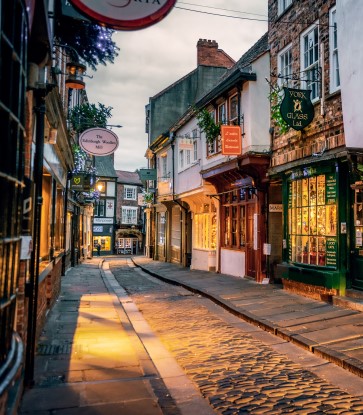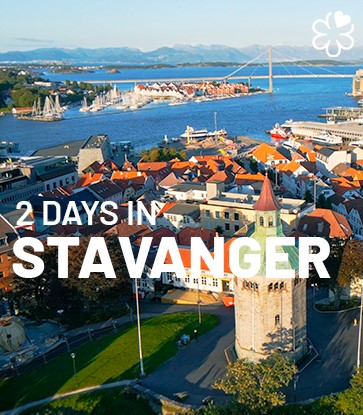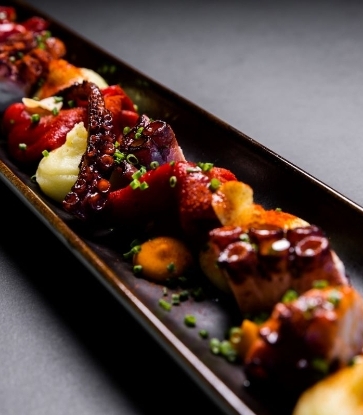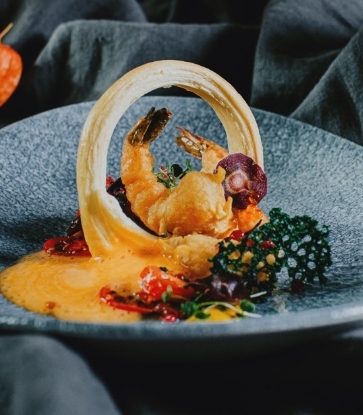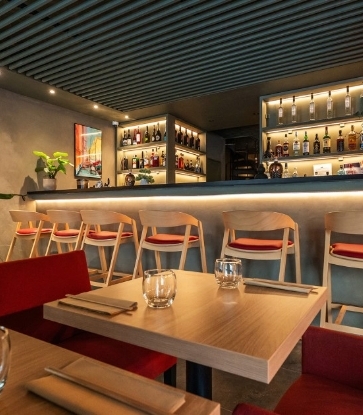Join our community of travelers and food lovers. Sign up for free to unlock tailored recommendations, members-only hotel rates and the opportunity to share your feedback directly with our Inspectors.
What Is a MICHELIN Star?
Put simply, we award MICHELIN Stars to restaurants offering outstanding cooking. And what is “outstanding cooking”? We take into account five universal criteria: ingredient quality, harmony of flavors, the mastery of culinary techniques, how the chef’s personality shines through their cuisine and, crucially, consistency across the entire menu and over time. An incredible meal could be a one-off experience. We’re after those restaurants that deliver the same standard every time.Are MICHELIN Stars annual awards?
Yes. In addition to scouring the globe for new Star-worthy spots, we reassess existing Star restaurants to ensure they continue to serve diners the same excellent standard of cooking year after year.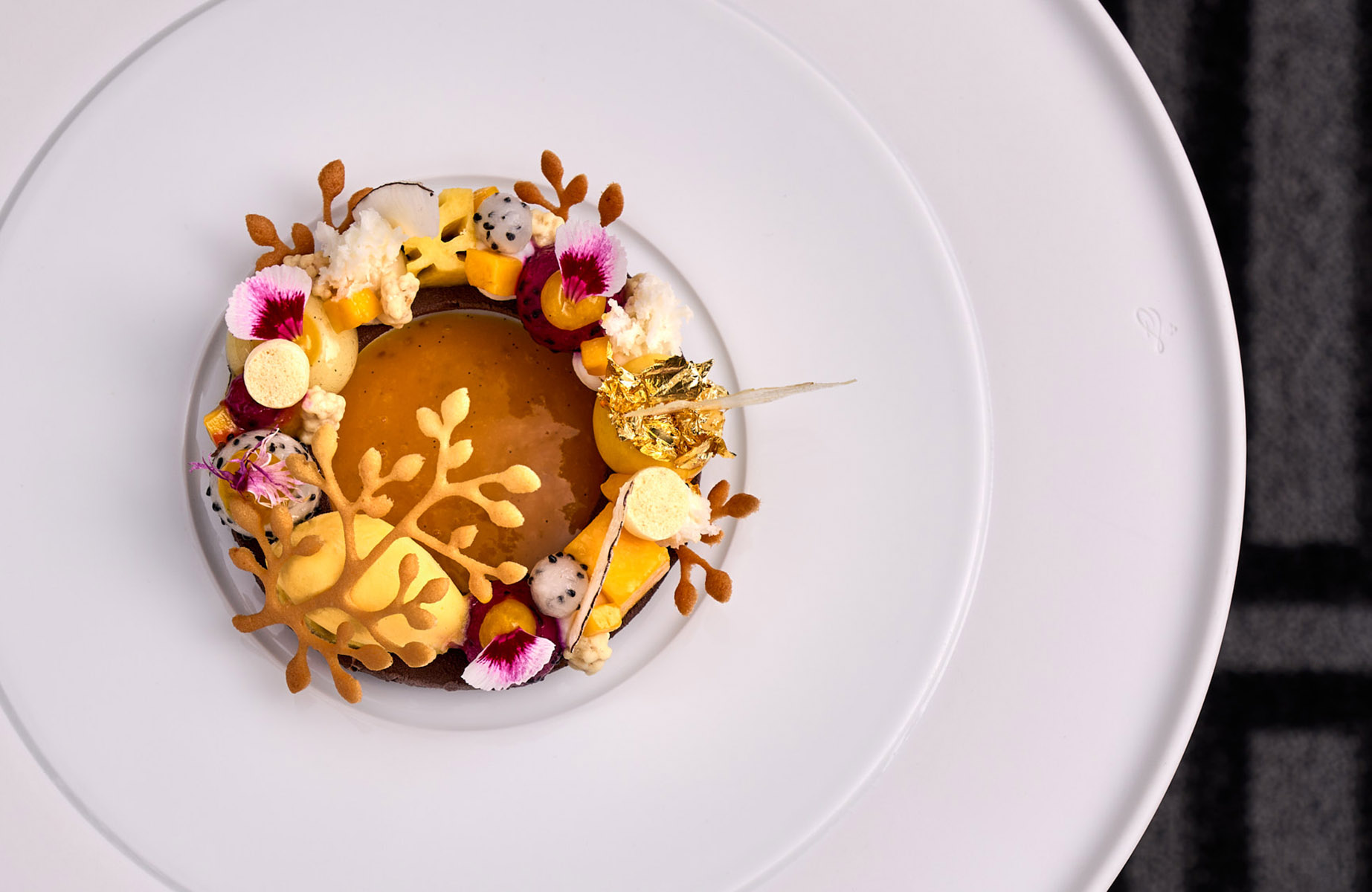
Are the decor and style of a restaurant factored in when awarding a Star?
This might come as a surprise, but no, not at all. We award MICHELIN Stars for the food on the plate — nothing more. The style of a restaurant and its level of comfort or formality have no bearing on the award. You can find MICHELIN Stars everywhere from street food stalls to grand palaces.
Who are the judges?
All decisions are made by MICHELIN Guide Inspectors who travel the globe, from bustling metropolises to off-the-beaten-path rural destinations. They are all full-time employees and former restaurant and hospitality professionals.How many times do Inspectors typically dine in a restaurant before awarding it a Star?
We only decide after getting an expert grasp of a place. We will dine at a restaurant as many times as it takes to get the complete picture. Consistency is key when awarding MICHELIN Stars, so we need to ensure that customers will receive the same high standard of cooking every time — for example, a Three Star restaurant will serve Three Star meals without fail. Various Inspectors will visit throughout the seasons, for lunch and dinner, both on weekends and during the week. Then we discuss their experiences as a team in order to make a final decision.What do the Inspectors order?
We try to sample as many dishes as possible over the course of the year. This helps us to ensure that the dishes maintain the same standard.
Do Inspectors eat alone, or do they ever dine together?
It varies — we might dine alone, in pairs, or occasionally as a group. Experiencing a restaurant in all these ways helps us understand its full character. Our final decisions are always made collectively.How important is international experience for Inspectors?
Very important — and increasingly so as The MICHELIN Guide continues exploring every corner of the globe. We travel around the world to dine in every country where we publish a MICHELIN Guide. This ensures that we judge by the same standards and have the same reference points: A MICHELIN Star must hold the same weight, regardless of the location, be it Paris, Tokyo, New York City, or anywhere around the world.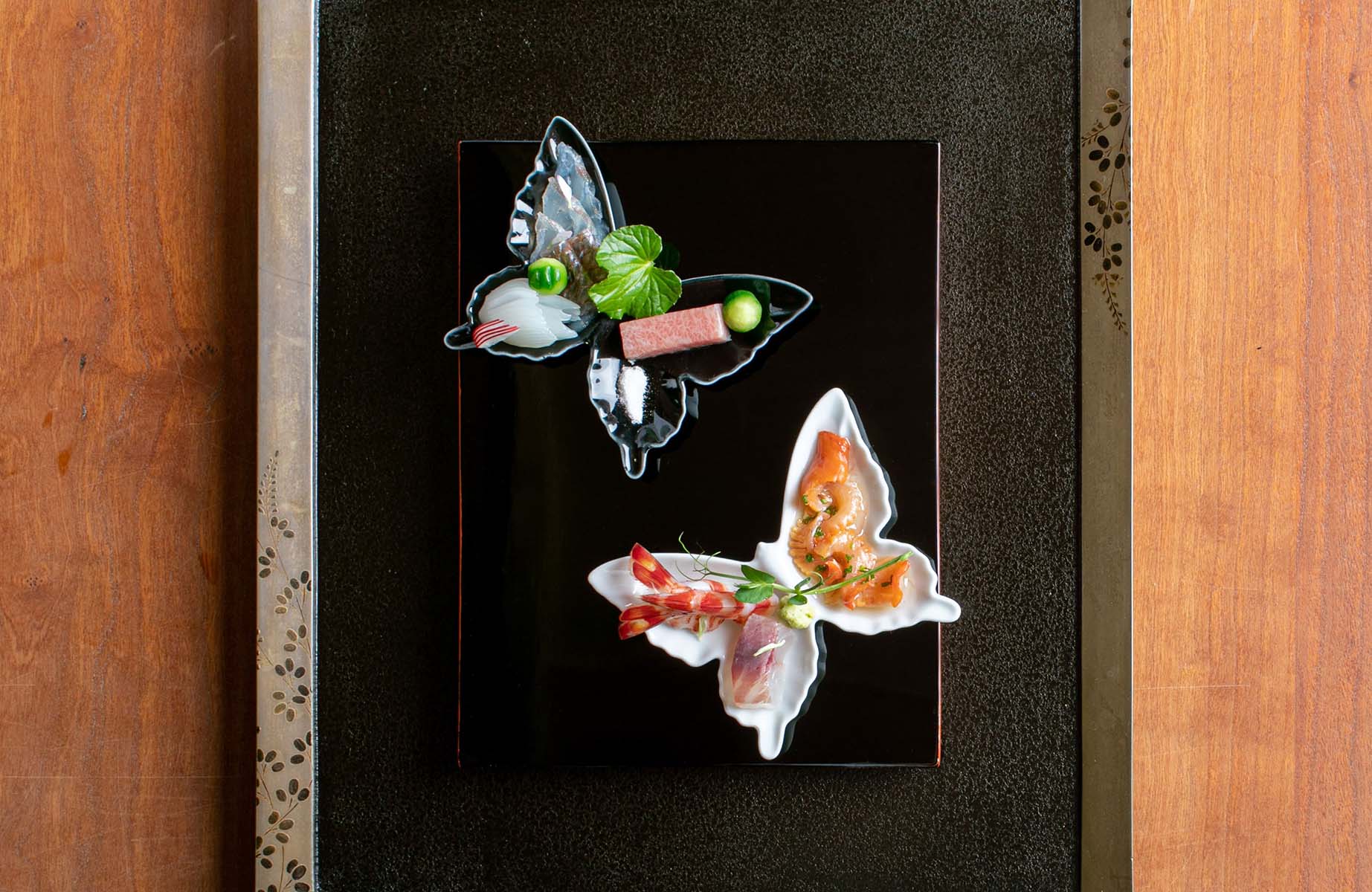
Does service play a part?
Another potential surprise: no. Each restaurant determines its own style of service — whether that’s counter ordering or carefully choreographed table service — and that has no bearing on whether the restaurant receives a MICHELIN Star.Can any restaurant qualify?
Yes, any restaurant can qualify for a Star. It can be a pub in Yorkshire, an elegant restaurant in a grand hotel in Paris or a noodle shop in Hong Kong. Any eatery has the potential to become a MICHELIN-Starred restaurant. We also aim to cover restaurants across the globe: So far, MICHELIN Stars have been awarded to restaurants on four continents.Do restaurants have to apply for a Star?
Restaurants already in The Guide don’t apply for MICHELIN Stars — we continually reassess them. Any restaurant may request consideration for the next edition, and we always welcome recommendations from our readers.If the head chef leaves a restaurant, do you automatically remove the restaurant’s Star designation?
No. MICHELIN Stars are awarded to restaurants, not chefs. If a restaurant promotes a sous chef or brings in a new head chef and they maintain the same standard of cooking, then the restaurant will keep its Star. Whenever a restaurant changes personnel, we dine there as much as needed to determine whether to keep, raise or lower the rating.Do you have set criteria that the kitchen must adhere to?
There is no secret recipe for a MICHELIN Star — we’re just looking for exceptional cooking, whether it’s innovative or traditional, a tasting menu or à la carte, an artful presentation or something more rustic. Not every Starred restaurant will suit every taste, and that’s how we intend it to be. Our point is to guide people, highlighting the restaurants with the best food and spotlighting where you can savor the most outstanding culinary experiences. It’s up to the reader to choose which one suits their preferences, the mood or the occasion.Do you have a limit on how many Stars you can award in one year?
No, there is no limit. We consider numerous candidates throughout the year, though some inevitably fall out of the running for inconsistency — they might have one or two outstanding dishes, but others that aren’t quite as memorable. Additionally, some kitchens simply need more time for their cooking and unique styles to fully mature.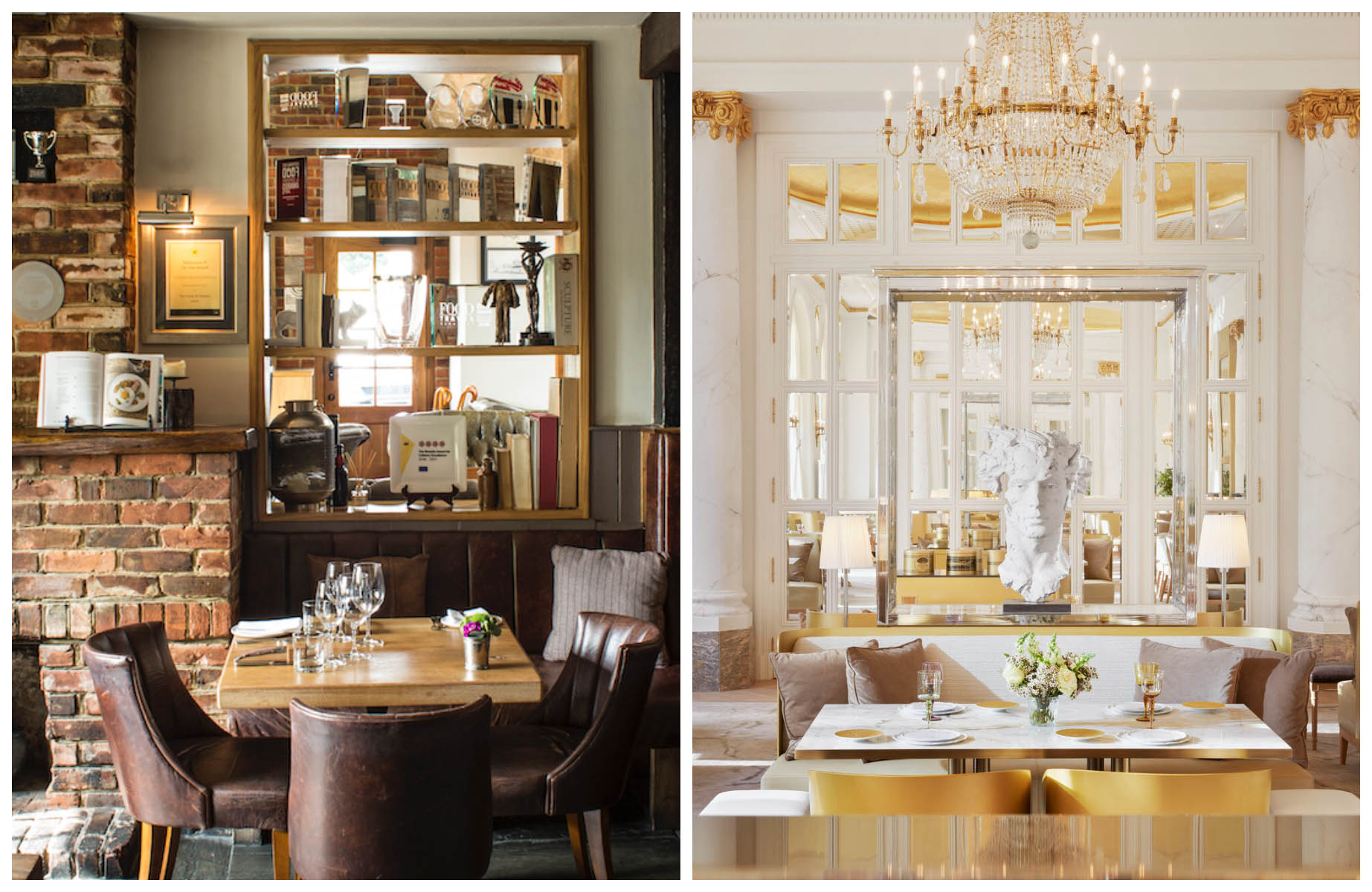
Why do you take Stars away?
We make our Guides for our readers, so if we feel the cooking at a restaurant is no longer at the same level that it was, then we would not re-award the Star the following year.Do you have to be a formal restaurant to get a Star?
One of the biggest misconceptions about The MICHELIN Guide is that we have a preference for more formal restaurants. This is not true. It’s probably an idea carried over from decades ago, when in most European cities the best cooking was often found in formal restaurants. Times have changed, thankfully, and great food can now be found in all sorts of restaurants. Today we award Stars to a wide range of restaurants — even street food can earn a Star, like the iconic Jay Fai in Bangkok.Do Inspectors consider the wine list?
No. That said, restaurants that are serious about their food usually also ensure they have an interesting wine list to complement it, so that element generally takes care of itself.What happens when an Inspector dines in a restaurant and later learns that the head chef wasn’t in the kitchen?
A famous chef was once asked, “Who cooks when you’re away?” He replied, “The same people who cook when I am here.” It doesn’t matter who is doing the cooking if it’s good. We don’t worry about who is behind the kitchen door, but instead we maintain a laser focus on the standard of the food on the plate in front of us. After all, we award Stars to restaurants, not individual chefs.How do Inspectors feel when they read that a chef “is not cooking for The Guide”?
We’re delighted. A chef who isn’t cooking primarily for their customers has lost their way. Chefs shouldn’t cook for the guides — they should cook to please their customers and to make their restaurant a success.What is the difference between One, Two and Three MICHELIN Stars?
One MICHELIN Star recognizes restaurants that use top-quality ingredients and prepare dishes with distinct flavors to a consistently high standard.
We award Two MICHELIN Stars to restaurants where the team’s personalities and talents shine through in expertly crafted dishes, with food that is both refined and inspired.
Three MICHELIN Stars represent our highest honor. Again, we award Stars to restaurants, not chefs, but Three-Star establishments tend to have chefs at the peak of their profession, where the cooking elevates the craft to an art form, with some dishes destined to become classics.
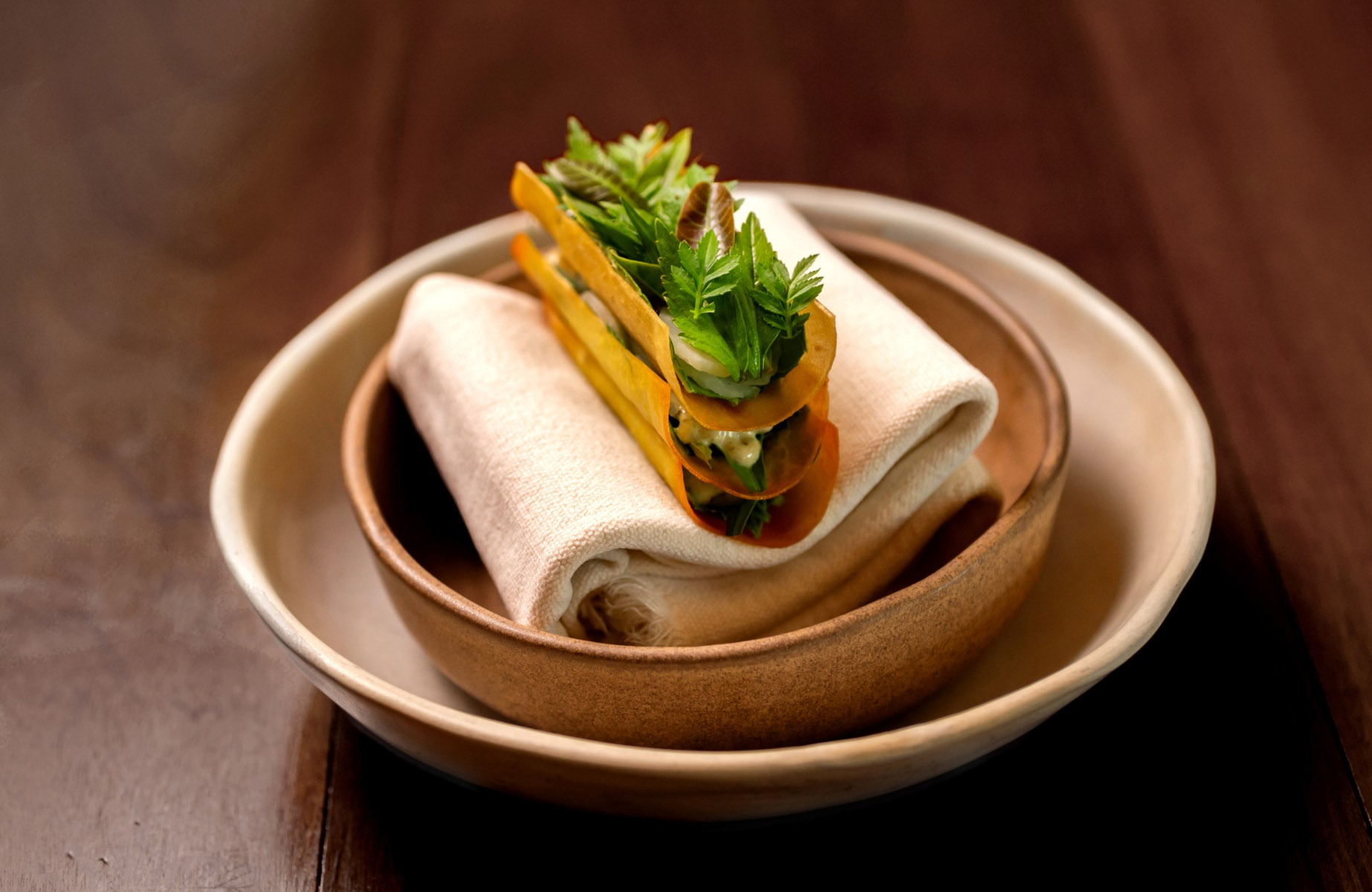
Are there any other cooking awards in The MICHELIN Guide, aside from MICHELIN Stars?
The Bib Gourmand is our award for great value. It highlights simple yet skillful cooking at an accessible price. Whether we’re awarding Stars or Bibs, we’re looking for a high standard of cookingDo you ever give feedback to a restaurant?
No. The only feedback a restaurant should consider is the feedback it receives from its customers.
Does a MICHELIN Star put undue pressure on a chef?
Chefs do not have to do anything differently when their restaurant gets a MICHELIN Star — apart from maintaining the same standard of cooking that won them the Star in the first place. That being said, they may well find themselves more in demand. 
Do Inspectors find that standards tend to drop on weekends, when restaurants are busier?
No, quite the contrary. Most restaurants are at their best when they’re busy. What’s more, there’s nothing we enjoy more than walking into a packed restaurant when the chef and staff are firing on all cylinders. It’s more challenging for a restaurant to maintain its standards on a rainy Tuesday afternoon in January.What advice would you give a young chef with MICHELIN Star ambitions?
We’d underline three things:Great cooking starts with great ingredients, so use the best produce you can find — whether it’s an heirloom tomato at the peak of its season or a farm-raised, free-range chicken from a neighboring farm.
Take pleasure in cooking for your customers, not for awards. You can truly taste when a chef loves and is inspired by their work.
Dine out as much as you can and don’t just taste your own dishes — finish the plate. Sometimes it’s only when you near the end that you realize something isn’t quite right with the dish.
Related articles:
- What is a Bib Gourmand? – Great cooking at great value — simple, skillful dishes that don’t compromise on quality.
- Who are the MICHELIN Inspectors? – Meet the experts behind every selection, whose anonymous visits ensure consistency and fairness.
- What are MICHELIN Keys? – Our distinction honoring the world’s most exceptional hotels and stays.
Hero image: Sorn in Bangkok was the first Three-Star awarded Thai restaurant in the world in 2024. ©Sorn




